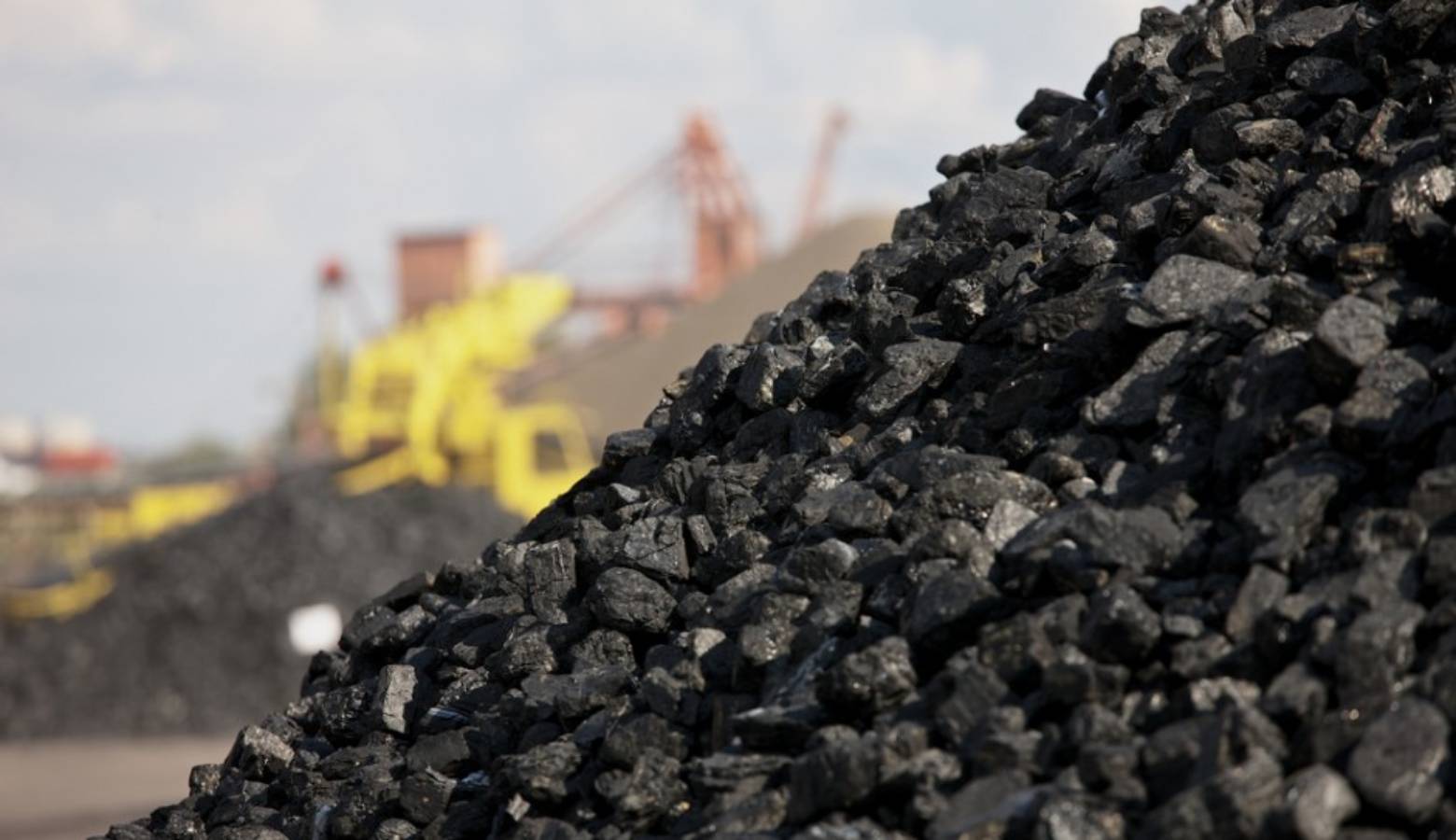Can Donald Trump Really Revive Indiana’s Coal Industry?

President-elect Donald Trump’s campaign promise to “put coal miners back to work” was met with welcome ears by Indiana’s coal industry. But, as Indiana Public Broadcasting’s Nick Janzen reports, it’s not clear how Trump plans to do that—or if it’s even possible.
Many energy experts are skeptical of Donald Trump’s promises. For example, even if Trump rolls back some of President Obama’s environmental protection rules, the national price of natural gas still makes it a more competitive fuel source than coal.
But Indiana Coal Council President Bruce Stevens says natural gas is not as competitive in Indiana.
“Indiana produces very little in the form of natural gas, so you have to get it here from elsewhere, and that transportation cost drives the cost of natural gas up,” Stevens says.
And, even with relatively high natural gas prices, Indiana must still follow federal rules, like the proposed Clean Power Plan.
“And if that plan were upheld, really the only way to comply with it is to significantly decrease the amount of coal which is utilized in Indiana,” says Stevens.
The plan’s future is uncertain, but it would require states to reduce the amount of carbon dioxide emitted. Even though the Supreme Court blocked its implementation earlier this year, some of Indiana’s energy companies are already planning to close coal plants.
“You know, you can’t sell coal to a power plant that doesn’t exist,” says Jodi Perras, a representative with the Sierra Club’s anti-coal campaign.
Not all of Indiana’s coal plants are closing, some are converting to cleaner fuel sources, and this is all happening over a couple of decades. But, Perras says, these plans are smart.
“Even if Congress and the administration, the new administration, come in and try to reverse the progress that we’ve made, that doesn’t necessarily bring coal back,” says Perras.
Specifically, she praises Vectren and NIPSCO, which plan to reduce the amount of power they generate from coal by over 50 percentage points in the next 20 years.
For his part, Indiana Coal Council President Bruce Stevens hopes that some regulatory relief will cause utilities to rethink those plans.


